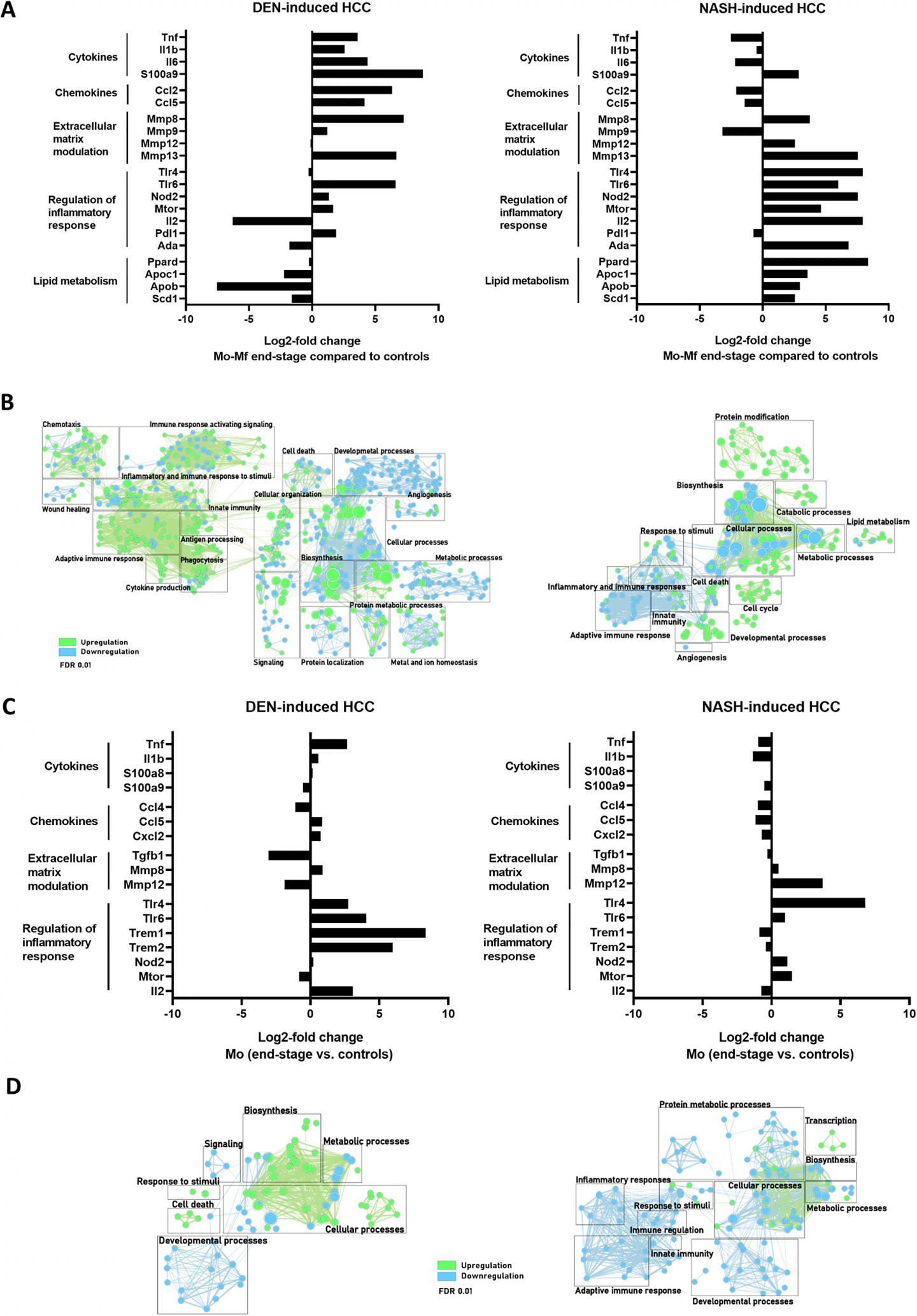‘Despite decades of research and an unprecedented advancement of therapeutic options [1], cancer accounts for one in every six deaths worldwide, with ~18,000,000 new cases diagnosed in 2018 and expected to grow to ~30,000,000 by 2040’

Credit: Correspondence to – Michel Janicot – [email protected]
Oncotarget published “Multi-modal effects of 1B3, a novel synthetic miR-193a-3p mimic, support strong potential for therapeutic intervention in oncology” which reported that the authors comprehensively investigated miRNA-193a-3p’s mode of action in a panel of human cancer cell lines, with a variety of genetic backgrounds, using 1B3, a synthetic microRNA mimic.
Interestingly, the exact mechanism through which 1B3 reduced cell proliferation varied between cell lines.
1B3 efficiently reduced target gene expression, leading to reduced cell proliferation/survival, cell cycle arrest, induction of apoptosis, increased cell senescence, DNA damage, and inhibition of migration.
SiRNA silencing of 1B3 target mRNAs further highlighted the advantage of the pleiotropic mechanism of 1B3 action, as repression of individual targets did not achieve the same robust effect on cell proliferation in all cell lines.
Together, these data strongly support the development of 1B3 as a novel therapeutic agent for treatment of human cancer.
Dr. Michel Janicot from InteRNA Technologies BV said, “Despite decades of research and an unprecedented advancement of therapeutic options [1], cancer accounts for one in every six deaths worldwide, with ~18,000,000 new cases diagnosed in 2018 and expected to grow to ~30,000,000 by 2040”
“Despite decades of research and an unprecedented advancement of therapeutic options [1], cancer accounts for one in every six deaths worldwide, with ~18,000,000 new cases diagnosed in 2018 and expected to grow to ~30,000,000 by 2040”
Fittingly, miRNAs are commonly dysregulated in cancer, and can act as either tumor suppressor or oncogenic miRNA.
Antisense oligonucleotides against oncogenic miRNAs or synthetic copies of tumor suppressor miRNAs provide exciting novel approaches to cancer treatment.
As cancer is a multifactorial disease, this pleiotropic effect of miRNAs may be more effective at targeting different aspects of cancer cell biology.
Despite the significant literature on the role of miR-193a-3p in tumor development, and evidence that miR-193a-3p mimics reduce cancer growth, further studies with an efficient miR-193a-3p mimic delivery system are required to elucidate the possible use of miR-193a-3p mimics as a novel therapeutic intervention for cancer.
In addition, RNA-sequencing and subsequent pathway analysis in a panel of cell lines confirmed the multi-targeted nature of 1B3 by revealing hundreds of target genes with key roles in tumor cell survival, proliferation, and migration.
The Janicot Research Team concluded in their Oncotarget Research Output, “we have shown that the miR-193a-3p mimic, 1B3, consistently suppresses several pro-tumorigenic phenotypes in vitro. Some of these effects (e.g., viability) can be broadly applied to all cancer cell lines, while others (e.g., cell cycle arrest patterns) are unique to specific cell lines and genetic backgrounds. Using both individual and combined siRNA(s) we showed that no individual 1B3 target reproduced the miRNA effect which suggests that multiple, simultaneous, gene repression by 1B3 is more effective at reducing tumor cell growth than single gene targeting. These data add to the growing body of evidence that miR-193a-3p has an anti-cancer effect through several mechanisms, and that this overall anti-cancer effect is conserved regardless of tumor origin or genetic background. Finally, in two different in vivo models we showed a significant reduction of tumor growth. Together, this evidence supports the further clinical development of INT-1B3 as an anti-cancer therapeutic molecule.”
###
DOI – https:/
Full text – https:/
Correspondence to – Michel Janicot – [email protected]
Keywords – miR-193a-3p, microRNA mimic, microRNA delivery in vivo, pleiotropic mechanism of microRNA
About Oncotarget
Oncotarget is a bi-weekly, peer-reviewed, open access biomedical journal covering research on all aspects of oncology.
To learn more about Oncotarget, please visit https:/
SoundCloud – https:/
Facebook – https:/
Twitter – https:/
LinkedIn – https:/
Pinterest – https:/
Reddit – https:/
Oncotarget is published by Impact Journals, LLC please visit https:/
Media Contact
[email protected]
18009220957×105
Copyright © 2021 Impact Journals, LLC
Impact Journals is a registered trademark of Impact Journals, LLC
Media Contact
Ryan James Jessup
[email protected]
Original Source
https:/
Related Journal Article
http://dx.



